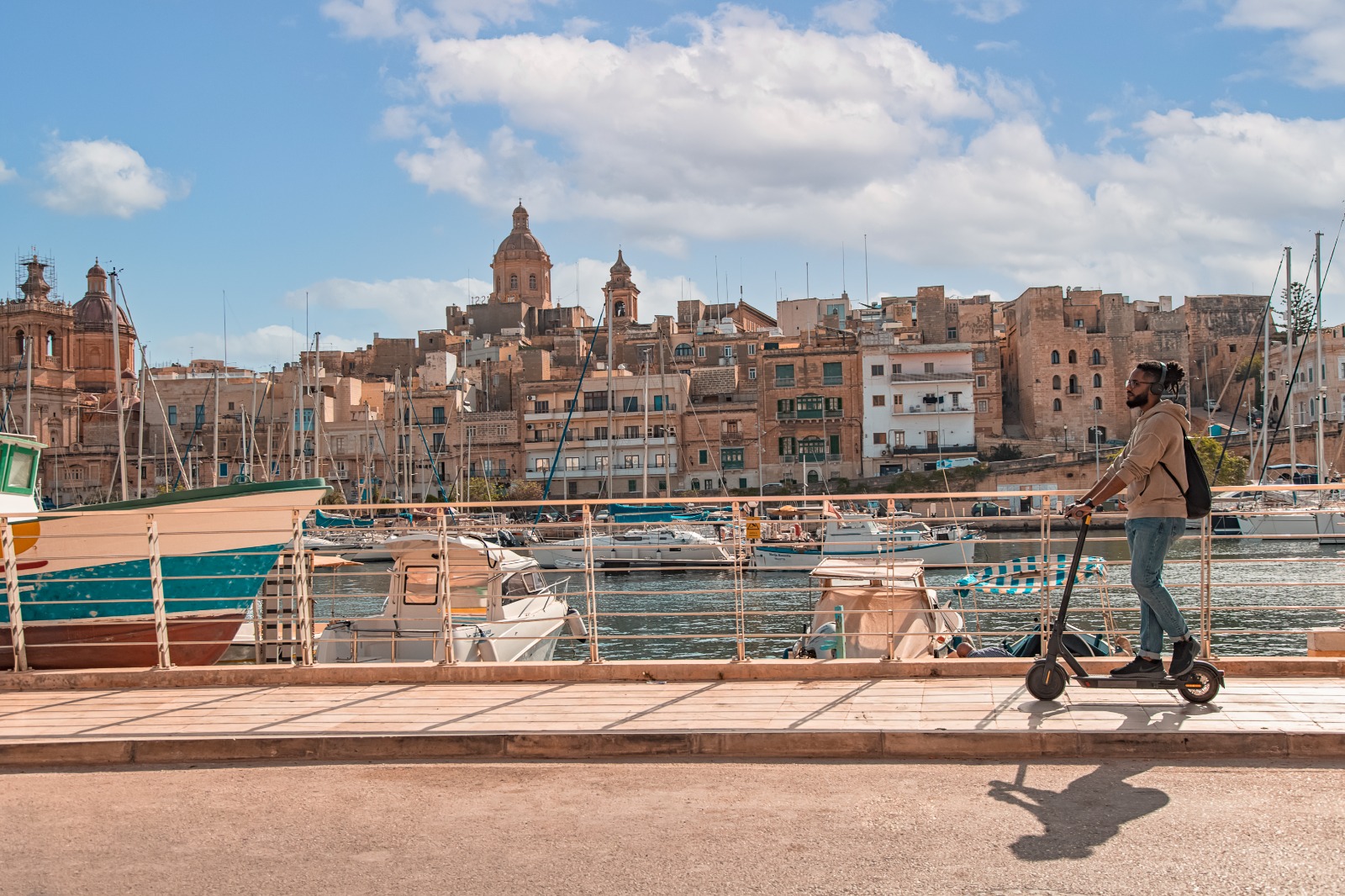The future is digital, and as a country that propels its economy forward by looking beyond the horizon, Malta has been among the first European countries to invest its talent and resources in creating the Nomad Residence Permit. The idea behind this permit, launched in June of last year, is to offer a temporary stay permit for digital nomads.
This is by no means a new phenomenon for Malta, and there already is a well-established community of individuals who have come from fellow EU nations. The Nomad Residence Permit extends this opportunity to third country nationals, who do not enjoy the same mobility and freedom of movement across Schengen countries.
In a post-COVID world, global mobility and remote working continue to gain popularity and traction, and there is an increased appreciation for travel and adventure, which do not necessarily need to come at the cost of professional success and productivity. We are living in a time where different lifestyles can meet in the middle and merge, and Malta wants to be at the epicenter of this cultural revolution.
As a country, Malta has plenty to offer, be it the pleasant climate, the flair for hospitality, world-class healthcare services or the excellent broadband infrastructure. Add to that the rich history and heritage that have shaped the Mediterranean island, from the architectural treasures to the exquisite and varied cuisine, and you have a complete package. English is an official language, with most businesses using it as their language of operation, and the vast majority of locals are more than willing to use the global tongue. Communication is key, and it’s never been easier than this.
Charles Mizzi, CEO of Residency Malta, which manages the permit, says, “If we have learned anything from the pandemic, it is that people are willing and eager to move more than ever before, and that remote working can indeed be a successful endeavour. We want to welcome individuals and entrepreneurs who can work remotely while discovering new countries and cultures.”
Residency Malta has done its utmost to make the permit process as accessible, efficient and straight-forward as possible. The permit is awarded to third country nationals for a temporary period of up to one year and can then be renewed, and to be eligible, applicants must prove that they can work remotely, independent of location. They must either work for an employer registered overseas, conduct business activity for a company registered abroad – for which they are partners or shareholders – or offer freelance or consultation services to clients permanently established in a foreign country. The gross monthly income threshold is of €2,700, and applicants must have a valid travel document and health insurance cover. Proof of address is necessary and all applicants must pass a background verification check.
Since launching, the Agency has received multiple applications daily and the numbers are expected to increase once travel restrictions ease. The majority of applicants come from the UK and the US, are predominantly male, and have an average age of 37. Most are employed and self-employed, closely followed by freelancers. IT, management and marketing are proving to be the most popular sectors, and the average income of applicants is a whopping €70,000.
“While these remote workers contribute to our local economy during their temporary stay, we promise to make the process easy and seamless, and to live up to our reputation as a hospitable country with boundless opportunities for creative minds. The future looks bright and as the pandemic situation continues to settle, we are optimistic that we will be welcoming more and more digital nomads to our shores. We can’t wait to meet you and we hope you enjoy your stay,” says Charles Mizzi.
Visit nomad.residencymalta.gov.mt for more information.






